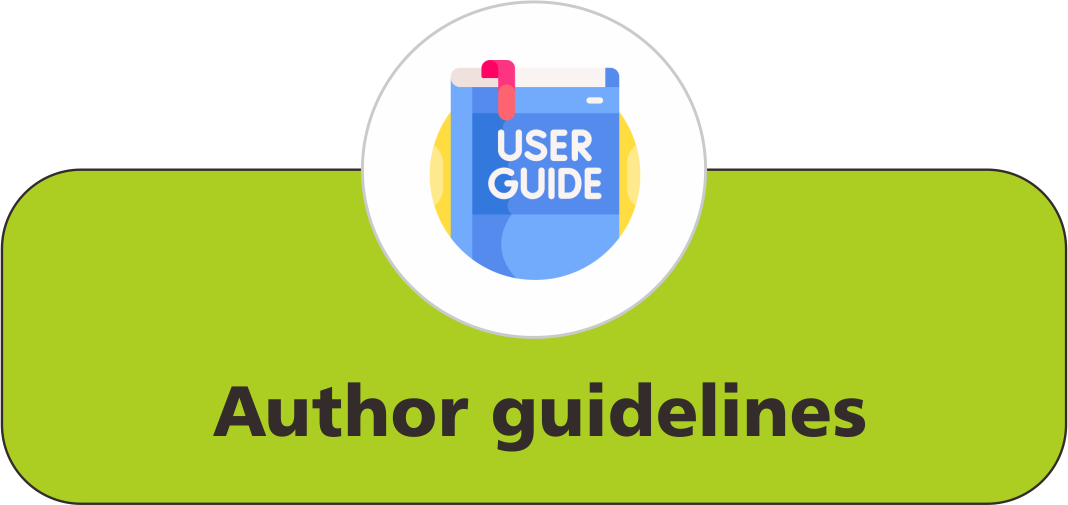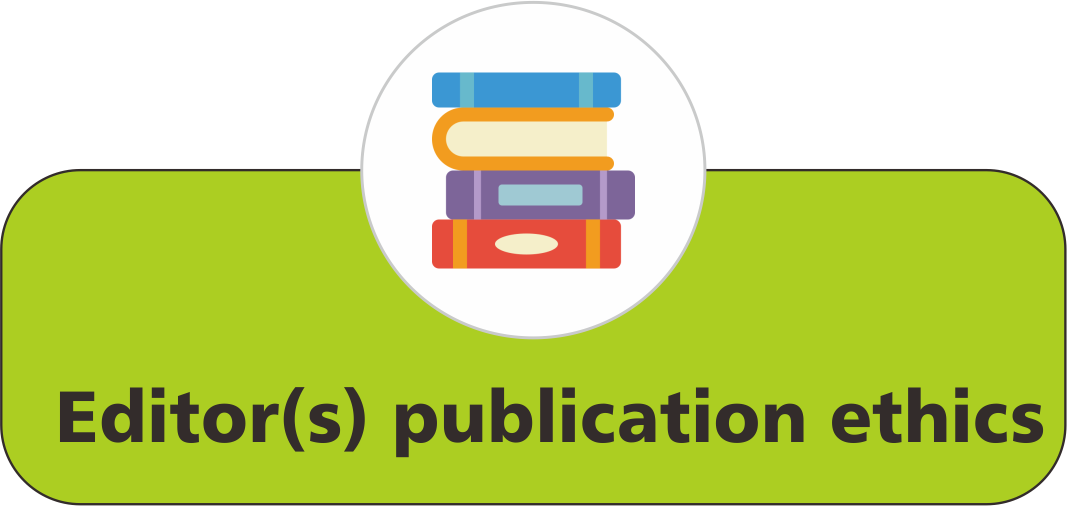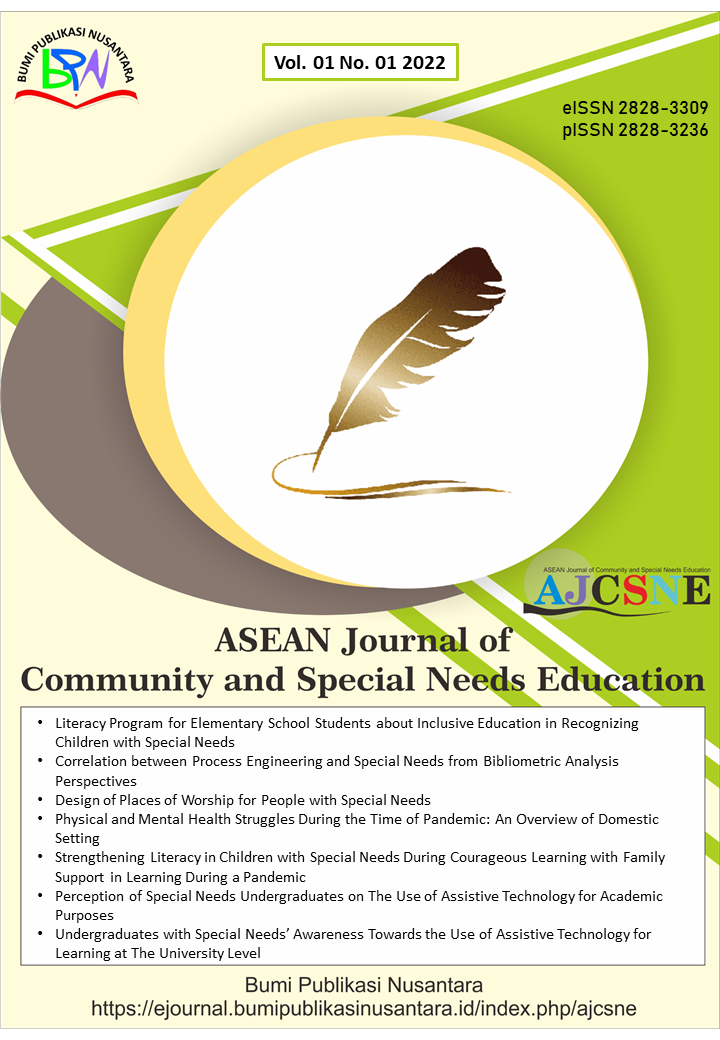Challenges of Studying Language Loss in Marginalized Communities: Methodological Reflections from Bangladesh
 ),
),
(1) Nizam Uddin Ahmed Model College
 Corresponding Author
Corresponding Author
Abstract
Keywords
References
Akuffo, A. G. (2024). Gatekeeping girls’ access to education: an exploration of matrilineal relationships, gatekeepers, and contentions at the micro-household-level. SN Social Sciences, 4(7), 121.
Awal, A. (2019). Indigenous languages in Bangladesh: A sociolinguistic study. International Journal of Applied Research, 5(9), 318–325.
Bhuiyan, A. A. M. (2016). Indigenous languages in Bangladesh: Loopholes behind the scene. Indigenous Policy Journal, 27(3), 1-17.
Chakma, U., and Sultana, S. (2024). Colonial governmentality and Bangladeshis in the anthropocene: Loss of language, land, knowledge, and identity of the Chakma in the ecology of the Chittagong Hill tracts in Bangladesh. Ethnicities, 24(4), 560-580.
Correa, T., and Pavez, I. (2016). Digital inclusion in rural areas: A qualitative exploration of challenges faced by people from isolated communities. Journal of Computer-Mediated Communication, 21(3), 247-263.
Garcia, S. B., and Ortiz, A. A. (2013). Intersectionality as a framework for transformative research in special education. Multiple Voices for Ethnically Diverse Exceptional Learners, 13(2), 32-47.
Ghahramani, L., McArdle, K., and Fatorić, S. (2020). Minority community resilience and cultural heritage preservation: A case study of the gullah geechee community. Sustainability, 12(6), 2266.
Haque, M. S., Al Mamun, S. A., and Anis, M. A. R. (2018). The present situation of minority languages in Bangladesh: A new hope. Journal of Science and Technology, 8(1), 137–142.
Hasan, N., Bao, Y., and Miah, S. J. (2022). Exploring the impact of ICT usage among indigenous people and their quality of life: Operationalizing Sen’s capability approach. Information Technology for Development, 28(2), 230–250.
Hehir, T. (2002). Eliminating ableism in education. Harvard Educational Review, 72(1), 1-33.
Jacobs‐Huey, L. (2002). The natives are gazing and talking back: Reviewing the problematics of positionality, voice, and accountability among" native" anthropologists. American Anthropologist, 104(3), 791-804.
Karmaker, R. (2025). Educational and institutional barriers to indigenous language preservation in Bangladesh: Challenges and policy implications. Indonesian Journal of Multidiciplinary Research, 5(1), 29-40.
Mokikwa, H., and Mokhele-Ramulumo, M. (2024). Navigating language diversity in multilingual stem classrooms: strategies for inclusive education. International Education Trend Issues, 2(2), 92-106.
Rahman, S. A. (2023). Extinction of indigenous language in Bangladesh. International Journal of Research and Innovation in Social Science, 7(4), 347–355.
Reza, F., and Ullah, M. (2023). Preserving and promoting indigenous languages of ethnic minorities in Bangladesh: A strategic planning framework. Prithvi Academic Journal, 6, 120-135.
Sultana, S. (2023). Indigenous ethnic languages in Bangladesh: Paradoxes of the multilingual ecology. Ethnicities, 23(5), 680–705.
Article Metrics
Abstract View : 418 times
: 418 times Download : 181 times
Download : 181 times
Refbacks
- There are currently no refbacks.
Copyright (c) 2025 Bumi Publikasi Nusantara

This work is licensed under a Creative Commons Attribution-ShareAlike 4.0 International License.







